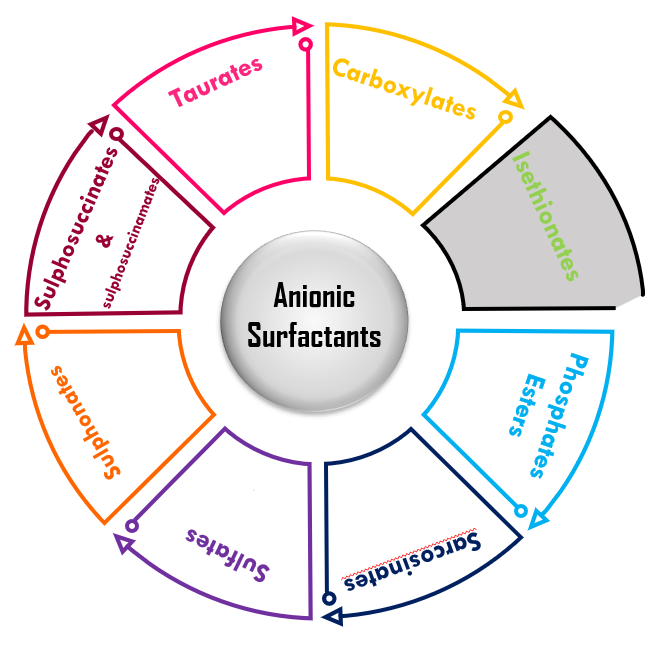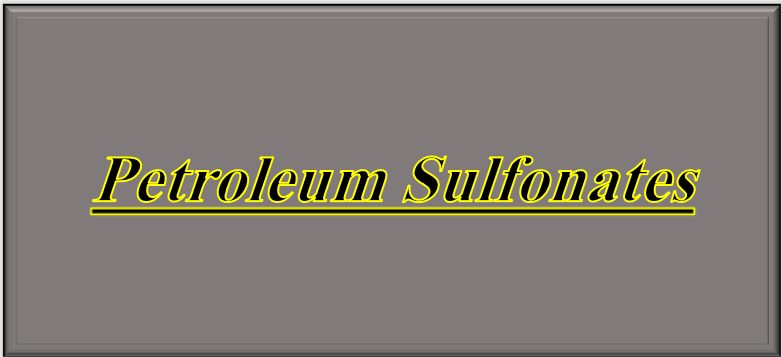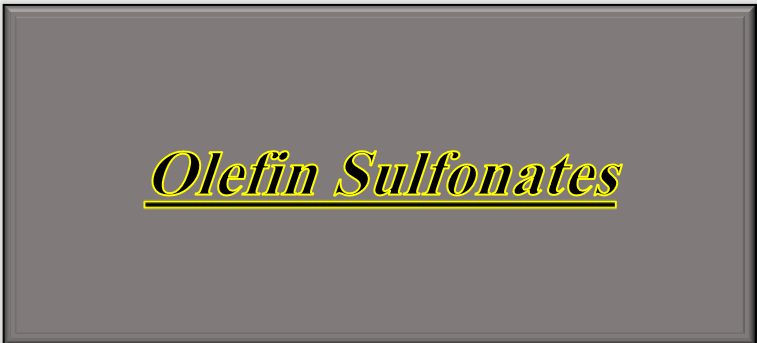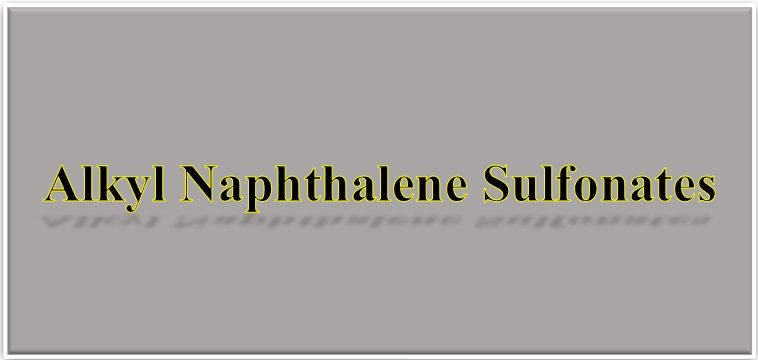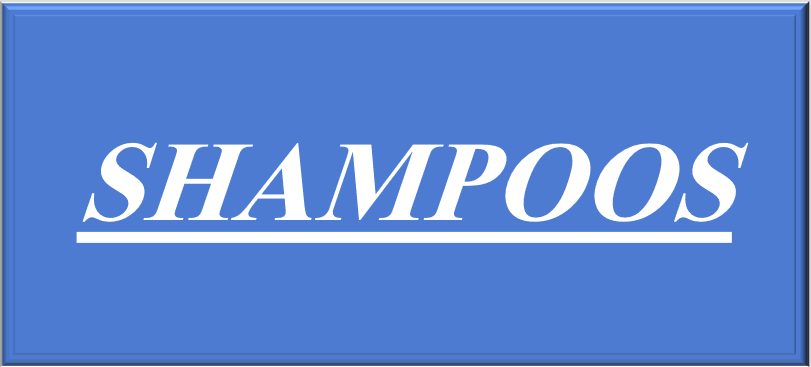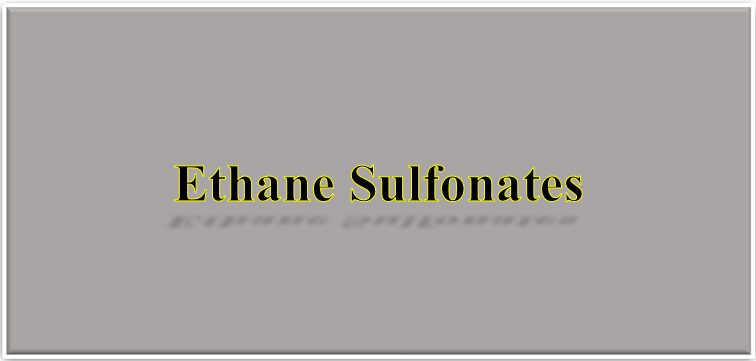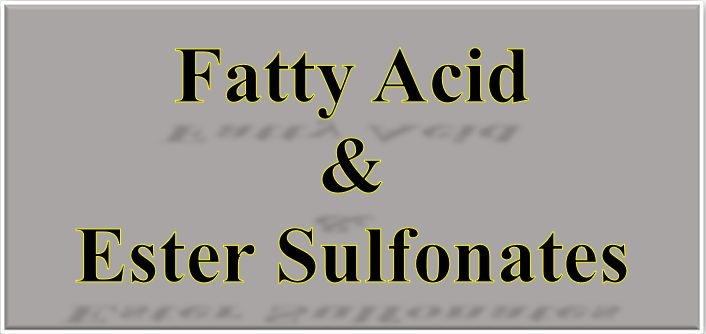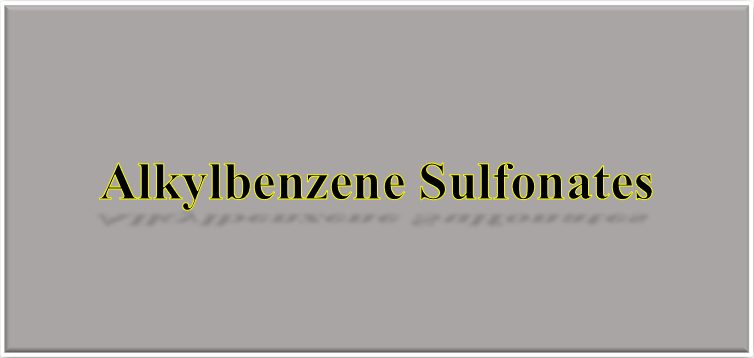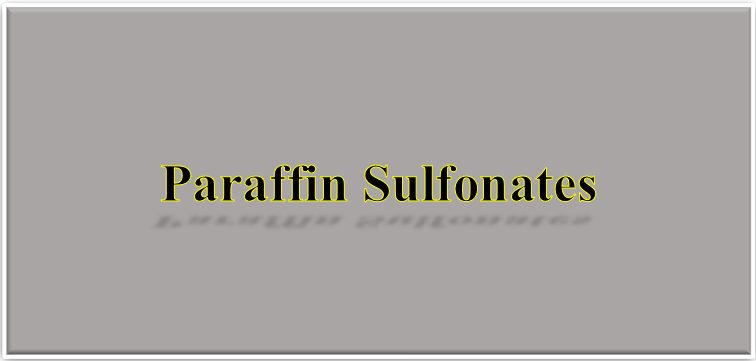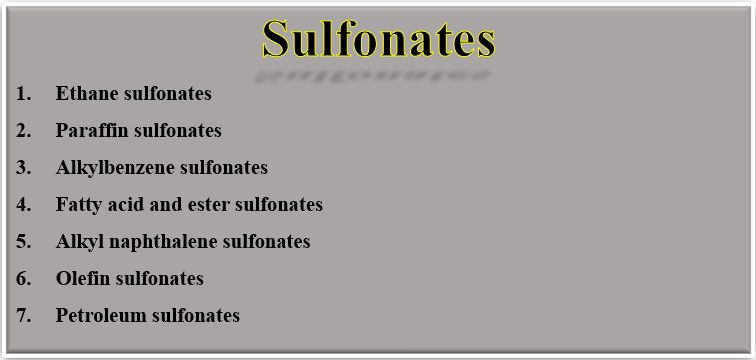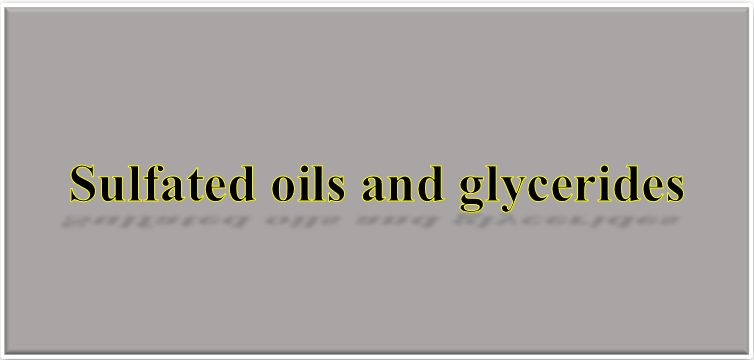Description
Preparation by reaction of acid chloride (of the fatty acid) with sodium isethionate.
The sodium isethionate is prepared from ethylene oxide and sodium sulfite. Some typical impurities are salt 8-10% but some products very low ( < 1 ); soap; fatty acid; unreacted sodium isethionate.
General properties
General
The esters were originally known as Igepon A, and have properties similar to those of alkyl sulfates with similar chain length although the foaming properties may be slightly inferior.
Solubility
Sodium salt of C12-14 soluble in hot water (50~<) soln at 70°C) but very low solubility in cold water (0.01% at 25°C); sodium salt of oleic acid 11% soluble at 70°C, 2.5% at 25°C.
Compatibility with aqueous ions
Practically unaffected by calcium ions; 50% mixture with soap considerably reduces scum and precipitation in hard water.
Chemical stability
Suitable for use at pH 6-8 but hydrolyses outside this range in hot water. This limits their usefulness to solids and powders.
Surface active properties
Coconut derivative, surface tension at 0.1 % = 27 dyn/cm; oleic derivative, 28 dyn/cm.
Functional properties
Good foaming properties (0.05% Ross and Mile initial foam coco derivative 93 ml, oleic derivative 145 m!) not as good as alkyl sulfates; gives excellent foaming properties when used as a mixture with soap; excellent detergent for grease and oil; good lime soap dispersant (coco derivative 15-20 index, oleic acid derivative 15-20 index).
Disadvantages
Unstable in aqueous solution at high temperatures and high and low pH.
Applications
Household products
Synthetic bar soap, excellent for removing grease and oily dirt and good foam in hard water.
Typical formula:
| 78% active powder (coco derivative) | 20 parts |
| tallow soap/coco soap (80/20) | 68 parts |
| water | 12 parts |
Specification
| Appearance | powder |
| Active | 70-80% |
| Sodium chloride | 1-10% |
| Free acid | 1-10% |

